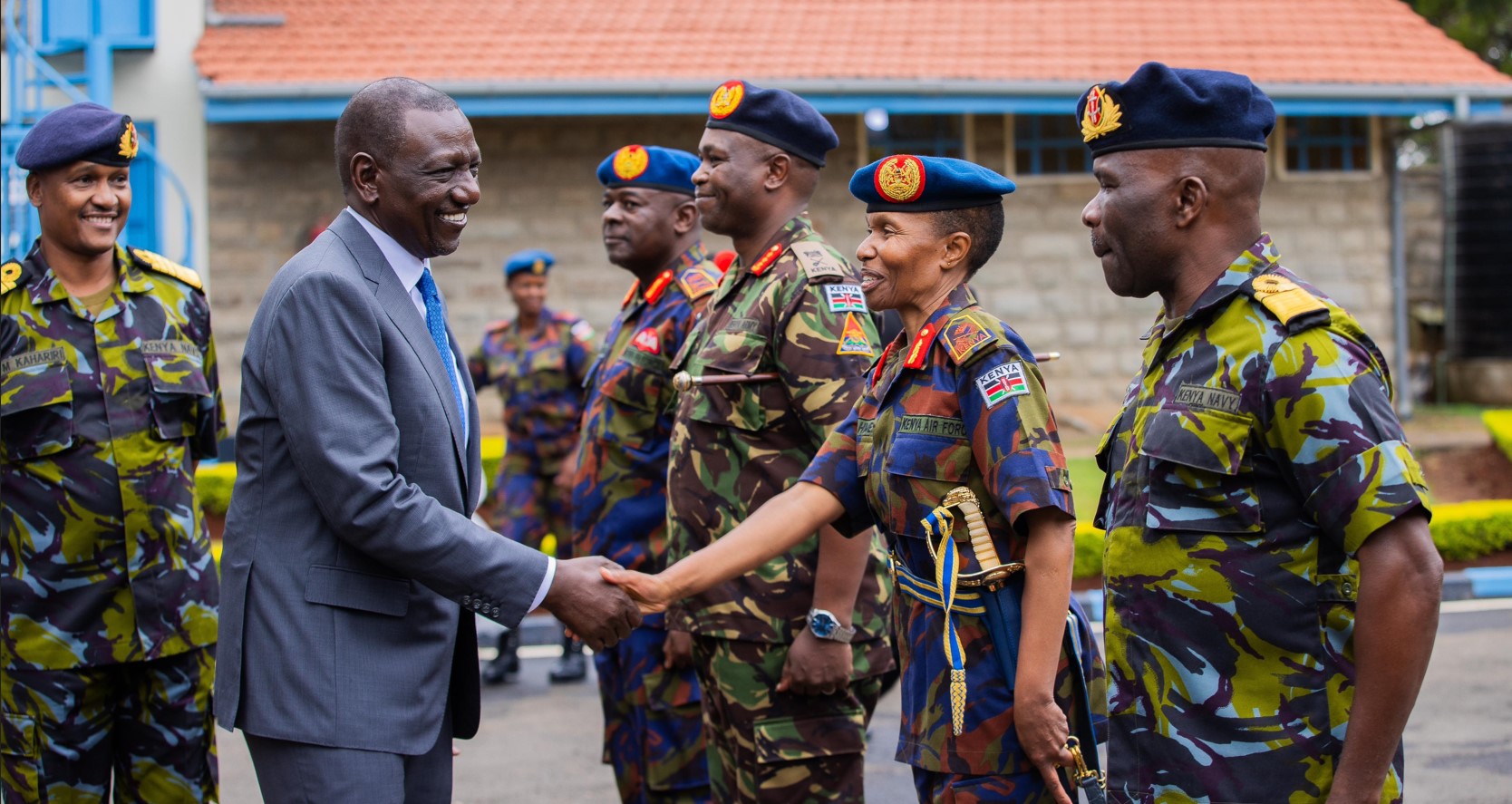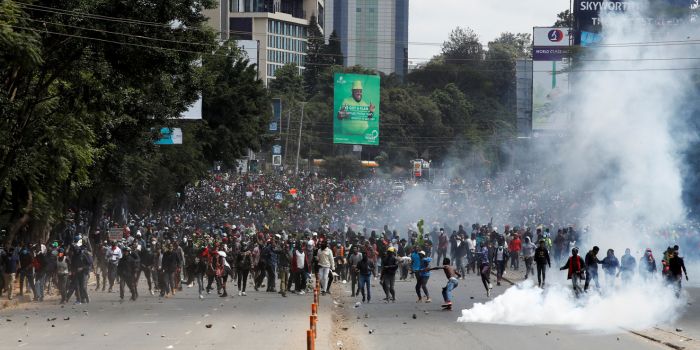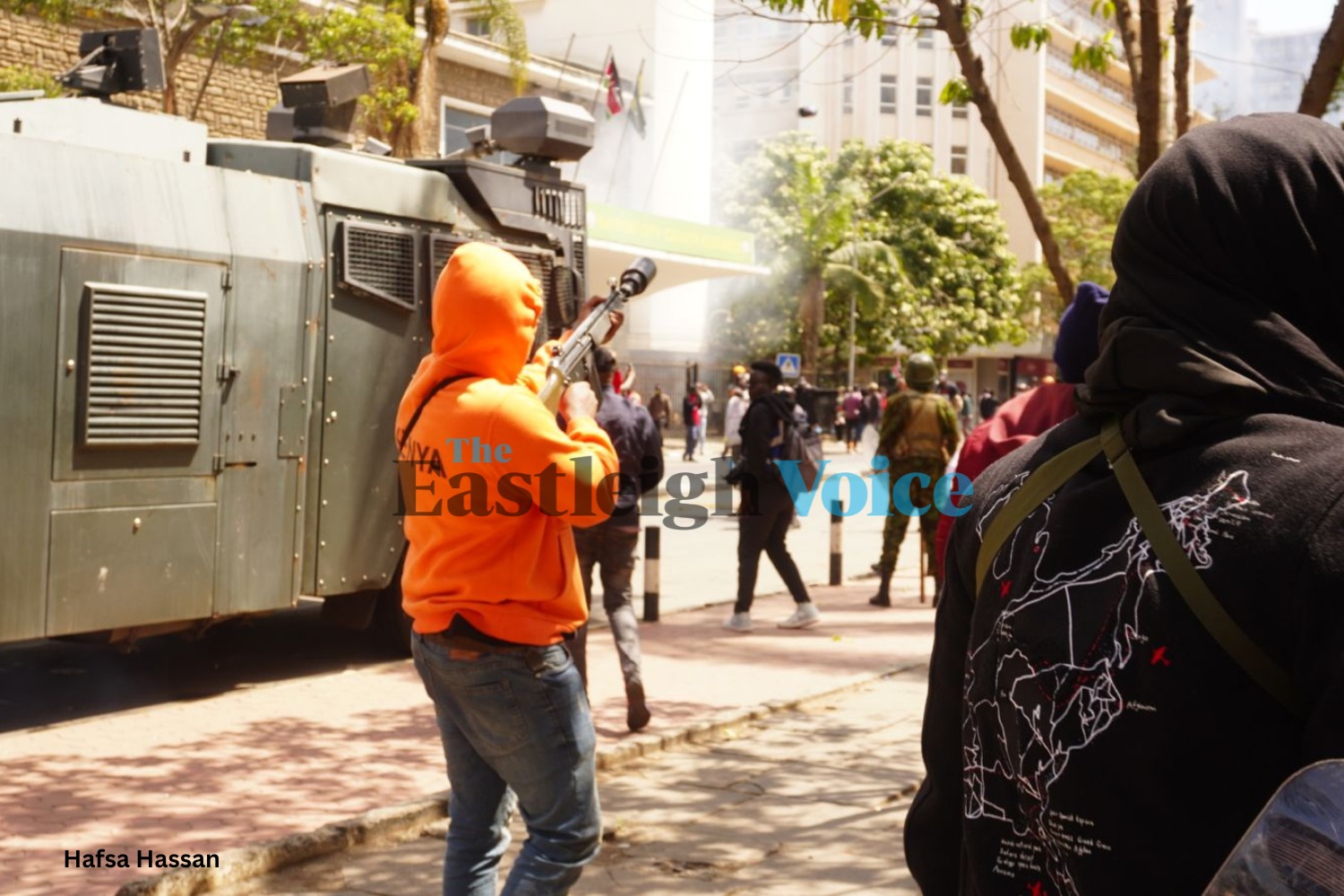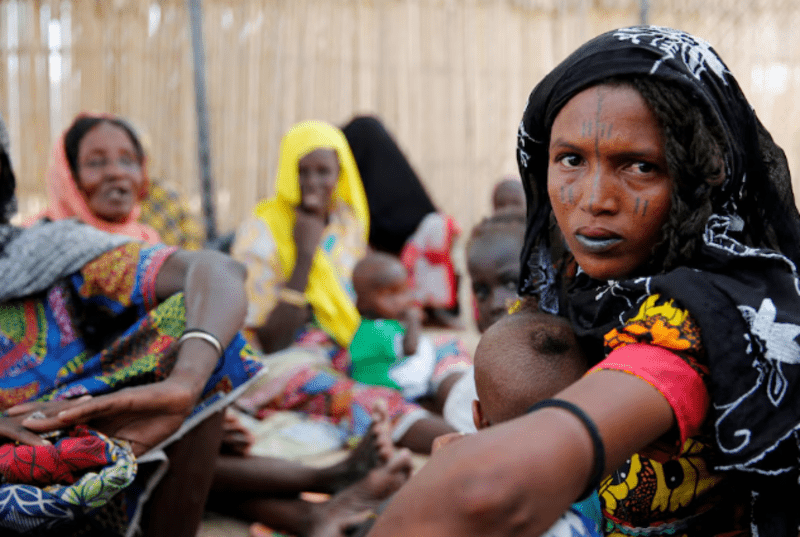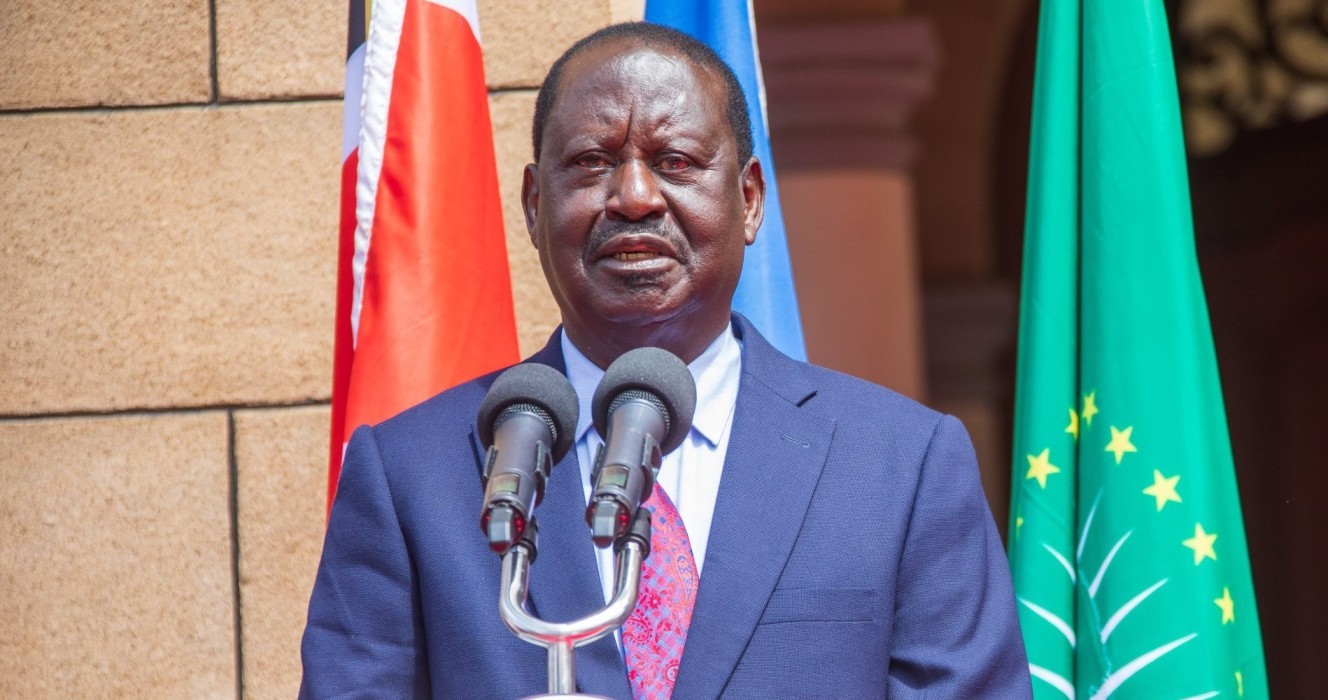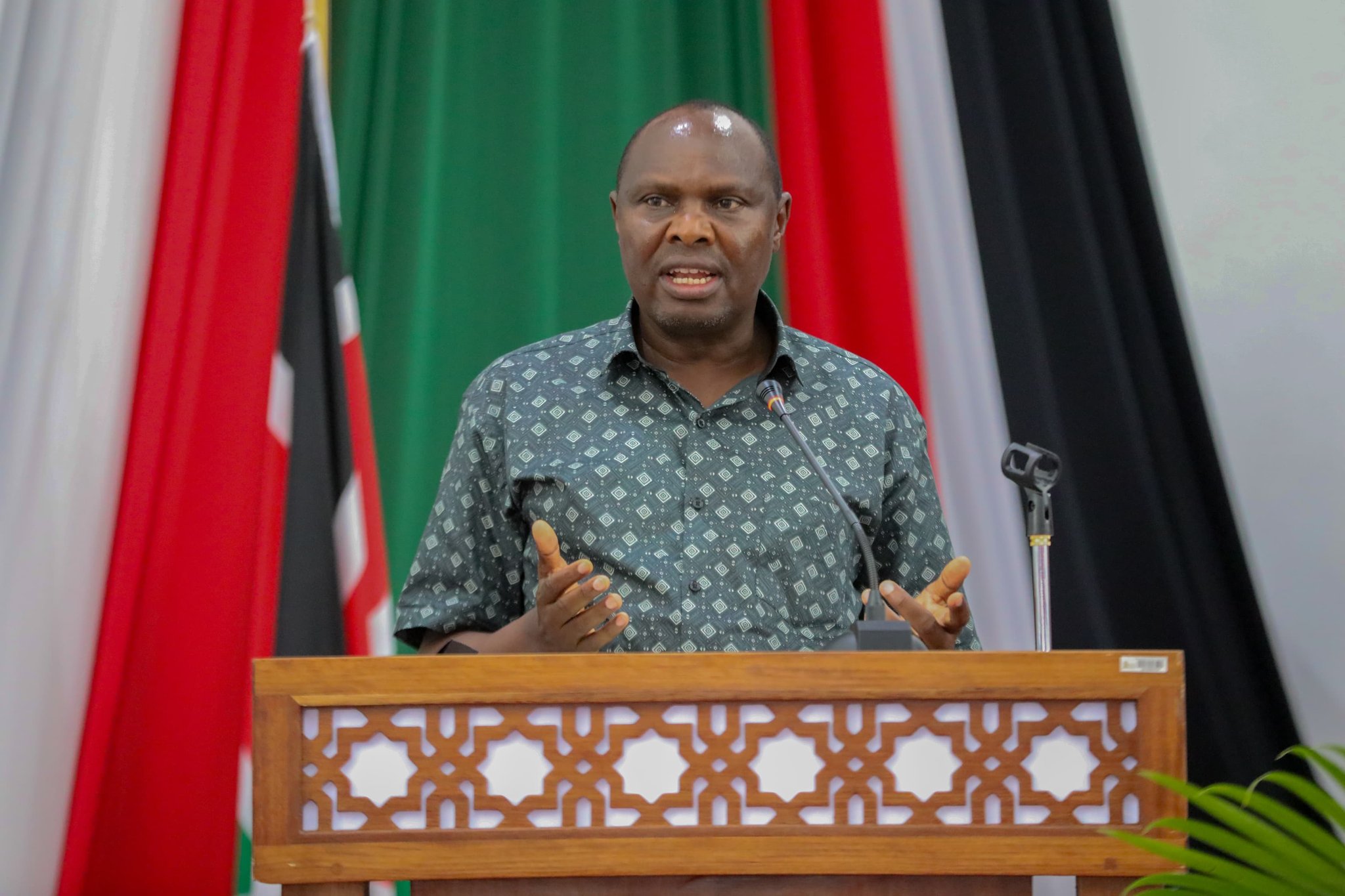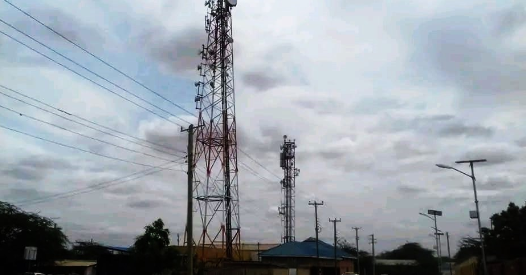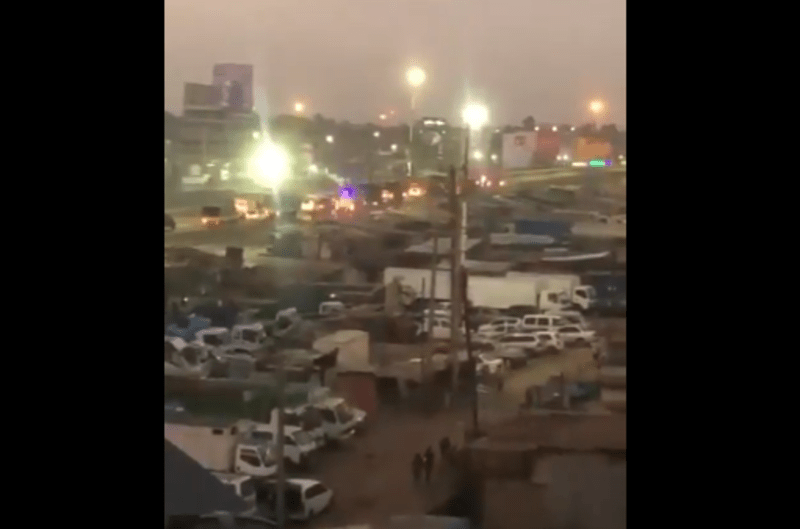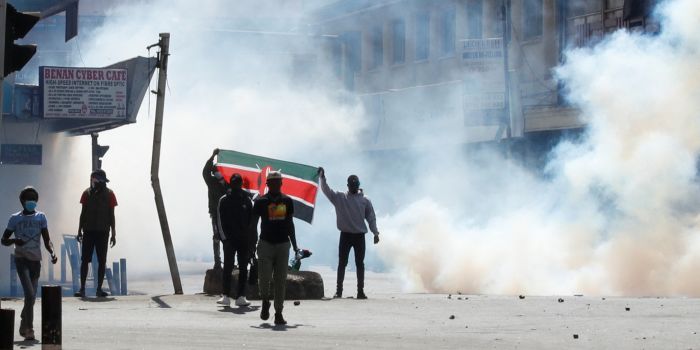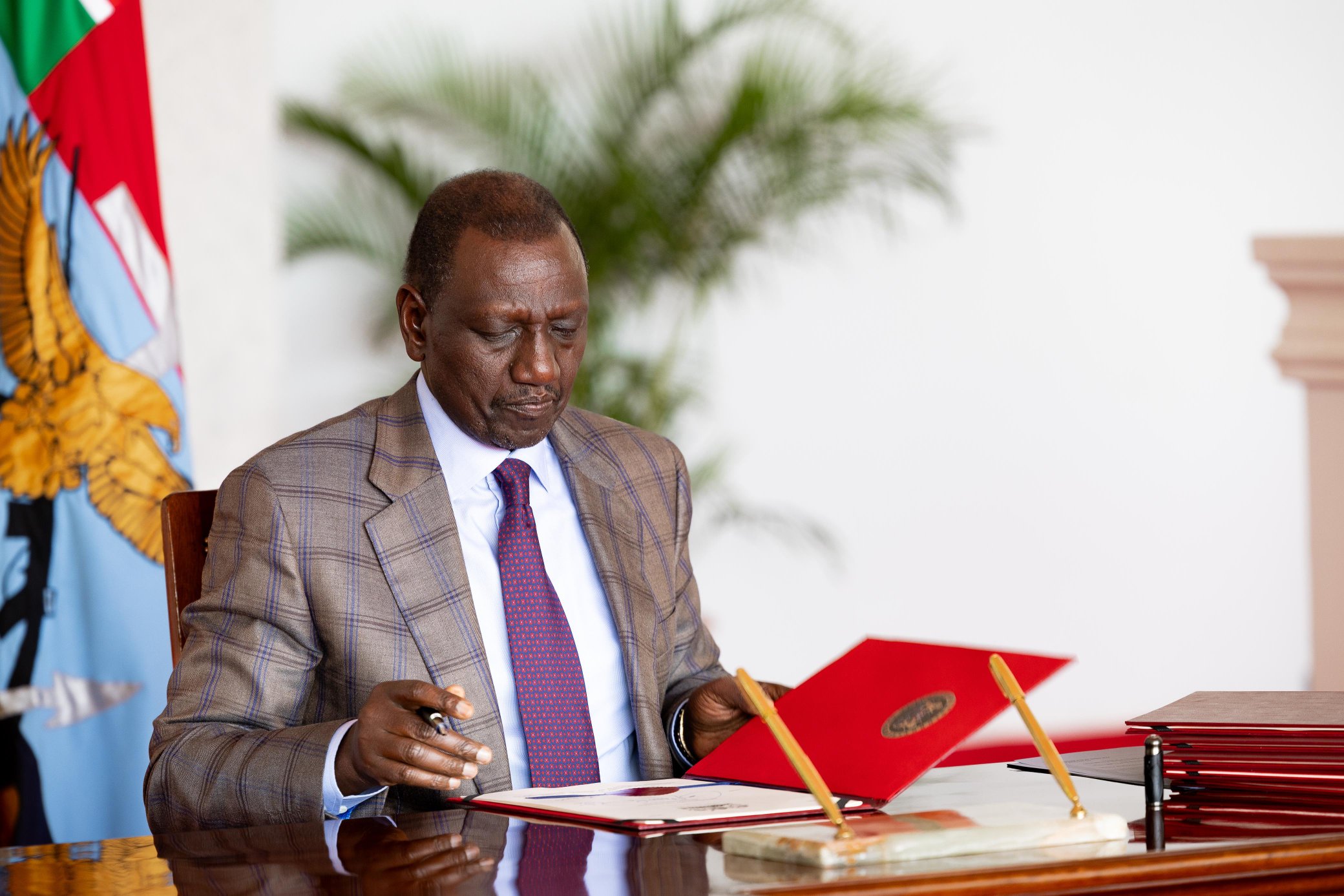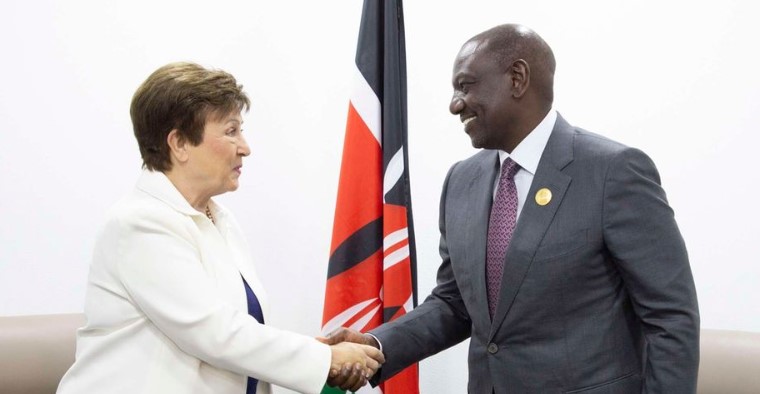Ruto rejects Finance Bill after violent protests
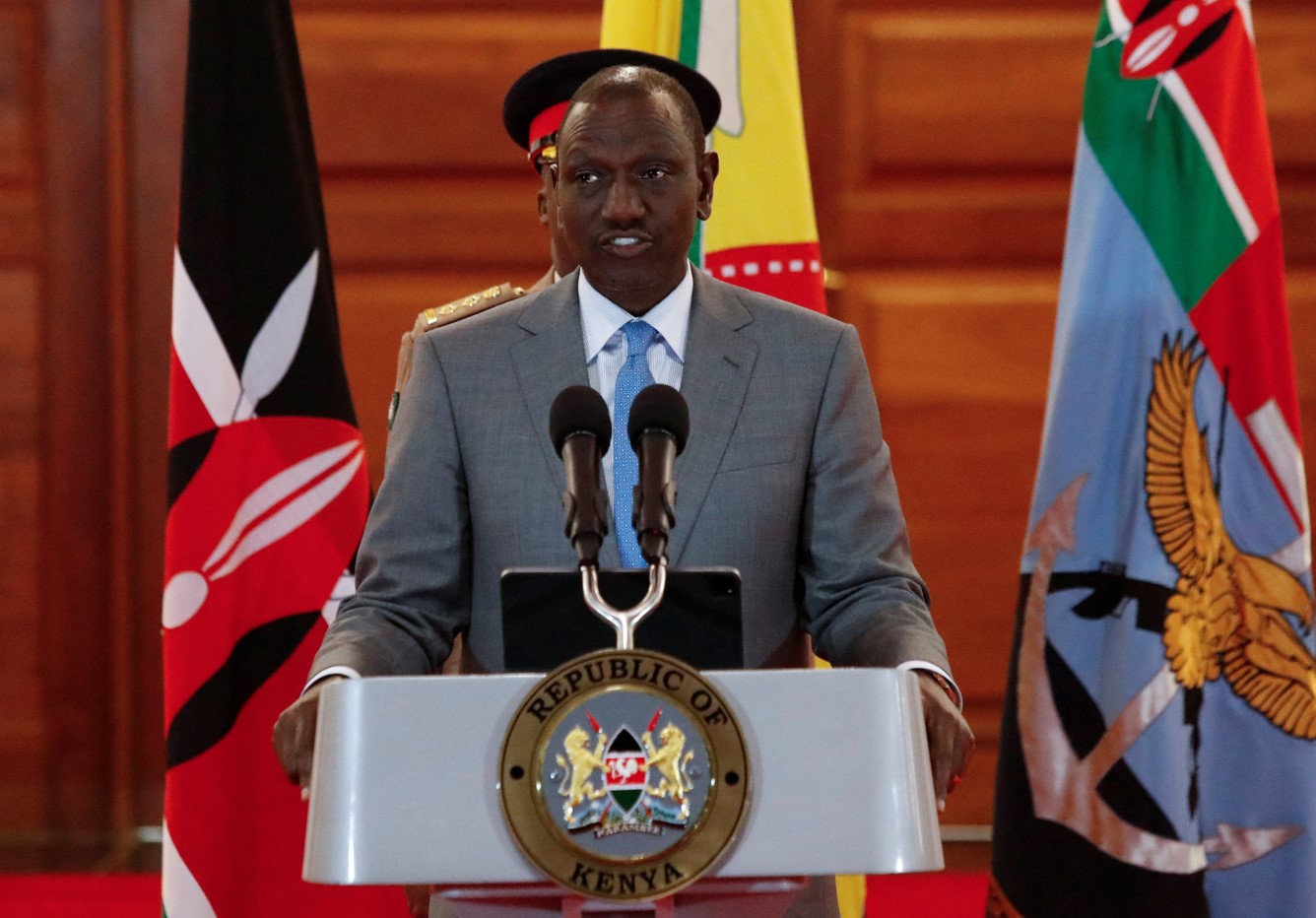
By Eastleigh Voice Reporter and Reuters |
Ruto's move was unexpected given his statement on Tuesday night, in which he called actions by protesters, who invaded Parliament and caused distraction, treasonous.
President William Ruto has refused to sign the Finance Bill, 2024, following a violent day of protests during which at least 53 people died as reported by a human rights group.
Sources close to the State House told The Eastleoigh Voice that the president returned the bill with amendments to lawmakers who began their recess earlier than expected on Wednesday.
Keep reading
Amid the ongoing turmoil in the country, Parliament has introduced a motion to advance and extend the upcoming recess until July 23, 2024.
Ruto's move was unexpected given his statement on Tuesday night, in which he called actions by protesters, who invaded Parliament and caused mass destruction, treasonous.
The National Assembly approved the bill on Tuesday and presented it to the president for assent into law.
Following the violent demonstrations, however, criticism mounted, with many calling for his resignation and expressing shock at police officers who opened fire on unarmed demonstrators, most of them young people.
Resolve remains
Kenyan protesters had vowed on Wednesday to keep up their demonstrations against new tax hikes, a day after police opened fire on crowds trying to storm parliament, leaving at least eight people dead and scores wounded.
As heavily armed officers patrolled the streets of the capital, Nairobi, supporters of the week-old protest movement took to X, using the hashtag #tutanethursday, or "see you on Thursday" in a mix of Swahili and English.
An online outpouring of anger over tax increases has swelled into a nationwide protest movement calling for a political overhaul, in the most serious crisis of Ruto's two-year-old presidency.
Many social media users focused on Ruto's speech after the clashes, in which he said the attack on parliament was the work of "criminals pretending to be peaceful protesters".
"Good morning fellow CRIMINALS Tupatane Thursday To do what CRIMINALS do," one X user posted.
Nairobi's main public mortuary received the bodies of six people killed in Tuesday's protests, a police officer posted there told Reuters. Another two bodies and 160 people with injuries came into the Kenyatta National Hospital, two health officials said.
Security emergency
Ruto said in his televised address to the nation late on Tuesday that the debate about the tax measures - which lawmakers passed minutes before parliament was breached - had been "hijacked by dangerous people".
The government ordered the army deployed to help the police deal with a "security emergency", though there were no reports of troops on the streets of Nairobi on Wednesday.
Last week, protesters had circulated a schedule that called for the occupation of parliament on Tuesday and the occupation of State House, the president's office and residence, on Thursday.
Protester Wellington Ogolla said he would head back out onto the streets. "It's our right to demonstrate ... We are just expressing ourselves," he told Reuters as he walked through downtown Nairobi, where the smell of tear gas lingered in the air.
Lawmakers removed some tax hikes from the final version of the finance bill, including ones on bread and cooking oil, but inserted others to avoid a budget gap.
Protesters say they want the whole bill scrapped, and many are now demanding that Ruto resign.
He won the election almost two years ago on a platform of championing Kenya's working poor but has been caught between the competing demands of lenders such as the International Monetary Fund - which is urging the government to cut deficits to obtain more funding - and a hard-pressed population.
The protest movement, which has no formal leadership and has primarily organised on social media platforms, turned out thousands of supporters in dozens of towns and cities on Tuesday.



